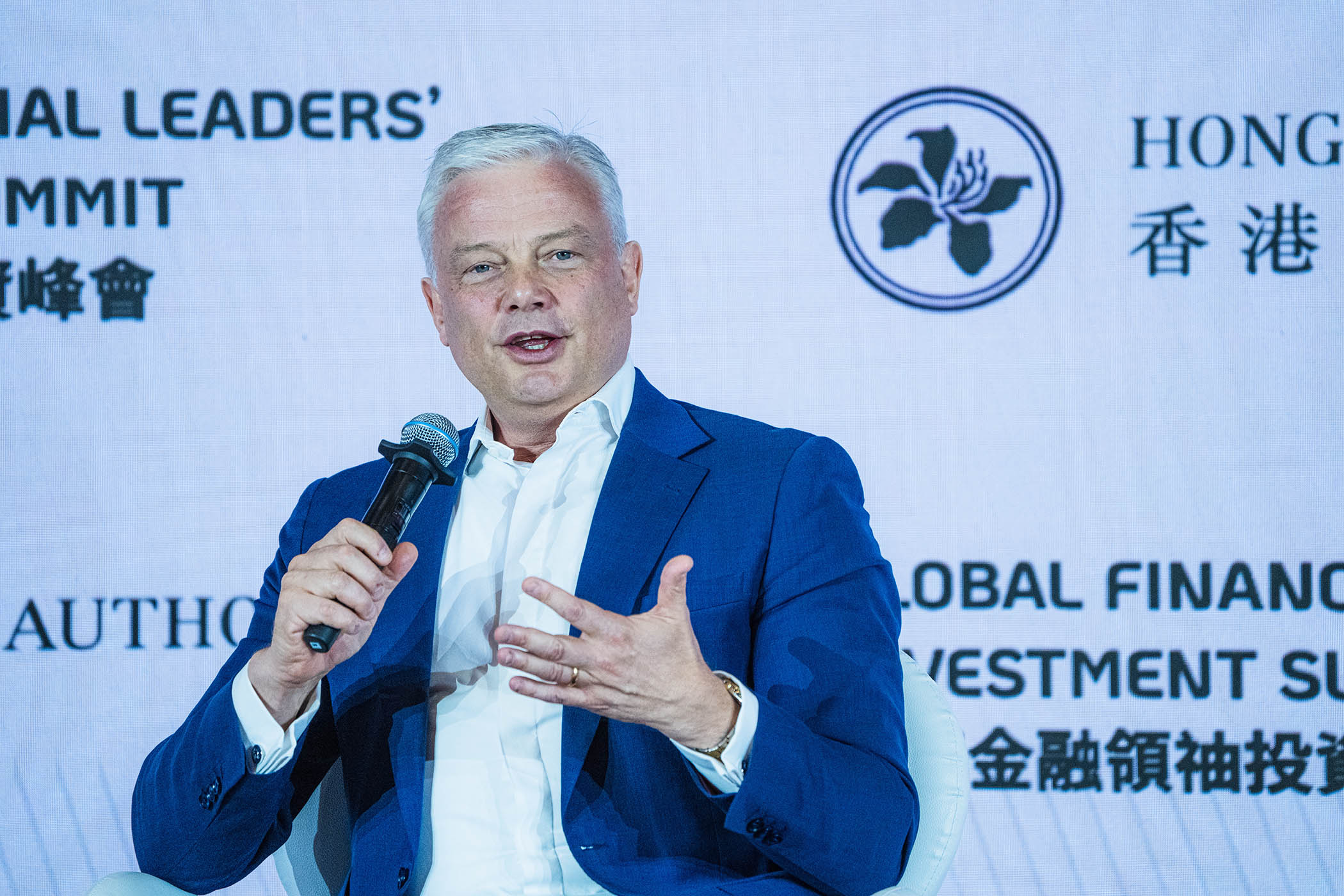Family feuds have had a big week. Rupert Murdoch settled a succession battle by agreeing to pay three of his children $1bn each so that a fourth, Lachlan, will get to keep the media empire on the conservative side of politics after the old man’s death.
In Europe, John Elkann, who inherited the Agnelli empire after patriarch Gianni decided to skip a generation, settled a tax fraud case triggered by a dispute with his own mother. Elkann agreed to pay $215m to the Italian tax authorities and do a year’s community service.
Business families can fall out spectacularly. Other recent examples include Kwek Leng Beng, chair of Singapore’s City Developments, accusing his son of a boardroom coup, and Canadian tycoon Frank Stronach suing his daughter Belinda over family trusts. The cases settled.
Yet family businesses often succeed despite their vulnerability to feuds and nepotism, thanks perhaps to longer-term perspectives and healthier corporate cultures. In the 1960s, Harvard Business Review predicted they would die out as technocratic and meritocratic public companies took over. But the proportion of family businesses in the world remains high and has been growing.
Photo by Rudy Carezzevoli/Getty Images
Newsletters
Choose the newsletters you want to receive
View more
For information about how The Observer protects your data, read our Privacy Policy



